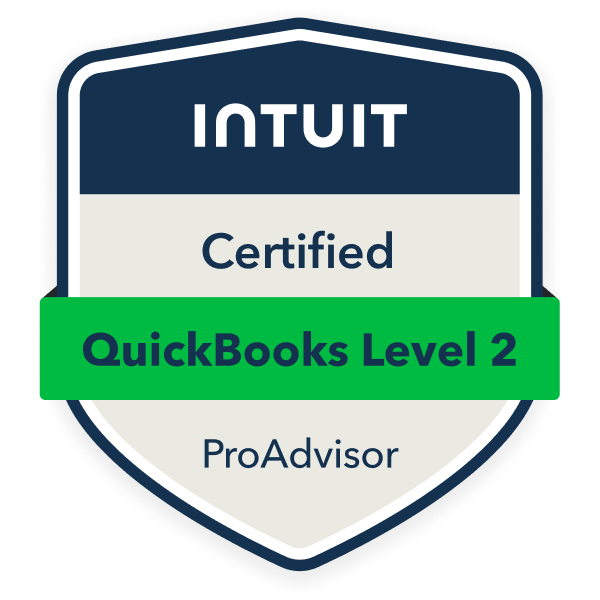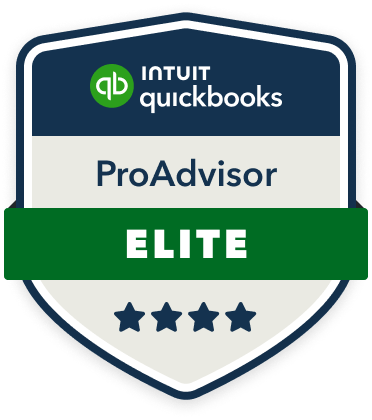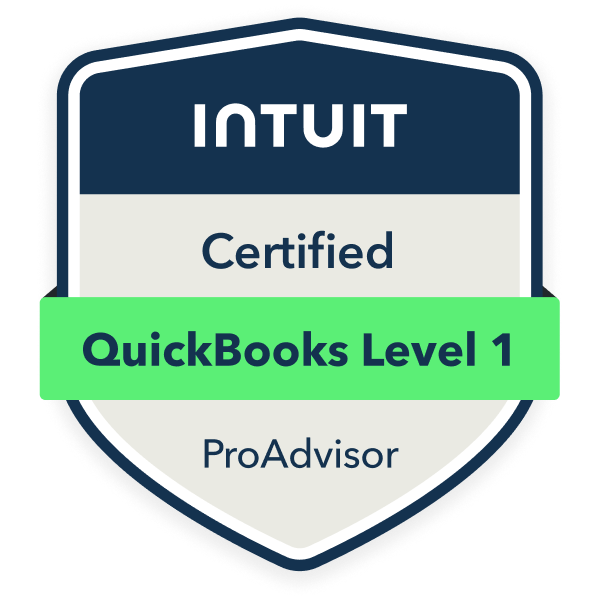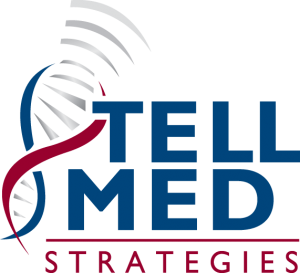Why Use a Fractional Accounting Firm?
We’re a remote team of number-loving accounting experts who go beyond balancing books—we integrate into your business to drive real change.
What sets us apart:
- Cost-effective, hands-on solutions that fit your needs
- Integrated with your company culture for seamless collaboration
- Strategic insight & financial expertise to fuel growth
- Flexible, scalable support—FP&A (Financial Planning & Analysis), bookkeeper, and controller in one
Unlike traditional outsourced accounting, we become part of your operations, providing proactive guidance to help you build sustainable success.
"We know what it takes to be an entrepreneur, and we empower our team with the tools they need to support one."
Areas of Expertise
At First Steps Financial, we’re more than just accountants—we’re your partners in success.
Our fractional approach means we roll up our sleeves, adapt to your needs, and genuinely care about helping your business thrive. Whether you’re looking for strategic guidance, smoother processes, or day-to-day financial support, we’re here to craft solutions that fit your goals.
Let us take the financial stress off your plate, so you can focus on what you do best—growing your business.
Check out our services below to see how we can help.
Accounting
For over a decade, First Steps Financial has been a trusted partner for reliable bookkeeping and accounting services.
First Steps Financial delivers expert financial guidance to empower smarter decisions and drive business success.
Providing tailored solutions, tracking results, and delivering professionalism with clear, transparent communication.
Why You Should Choose Us
We bring FP&A (Financial Planning & Analysis) expertise to help you take control of your financial future:
- Gain better insights & control over your financials
- Improve budgeting & forecasting for smarter decisions
- Streamline bookkeeping & bill management to save time
- Boost cash flow with strategic planning
- Integrate seamlessly into your company culture as a hands-on partner
- Drive real business growth with data-backed financial strategies
FP&A goes beyond bookkeeping—it’s about collecting and analyzing data, creating budgets, forecasting trends, and optimizing business performance to help you scale with confidence.
Trust the Process.
Whether you’re scaling up, streamlining operations, or just want someone to handle the numbers so you can focus on your passion, we’re here for you. Take the first step toward financial clarity today.
Discover & Plan
Listen to Your Goals and Problems:
Understand your unique needs and objectives.
Provide a Road Map:
Create a tailored plan to achieve your financial goals.
Implementation & Review
Put Your Plan in Motion:
Execute the road map with precision and efficiency.
FP&A (Financial Planning & Analysis) Review & Adjustments:
Regularly review financials, make
revisions, and
suggest improvements.
Hover Over the Steps to Learn More
What Our Clients are Saying...
Our Latest Insight



Join our Team!
We love working with awesome people.
Our Core Values:
Be Innovative | Be a Team Player | Be Kind | Take Ownership
Let Us Tell You More:
Be Innovative | Be a Team Player | Be Kind | Take Ownership
Our Mission:
Collaborating with entrepreneurs to create success, as they define it, and solve issues together
Current Opportunities:
Accounting Support LI | Controller | CFO | Accounting Supervisor
Work With Us: Be Part of Something Great
At First Steps Financial, we’re not just about helping small businesses succeed—we’re about building an amazing team, too! If you love numbers as much as we do and enjoy working with passionate people who make a difference, this is your chance to shine.
Our Business runs on EOS
We know what it takes to be an entrepreneur, and we empower our team with the tools they need to support one.

















